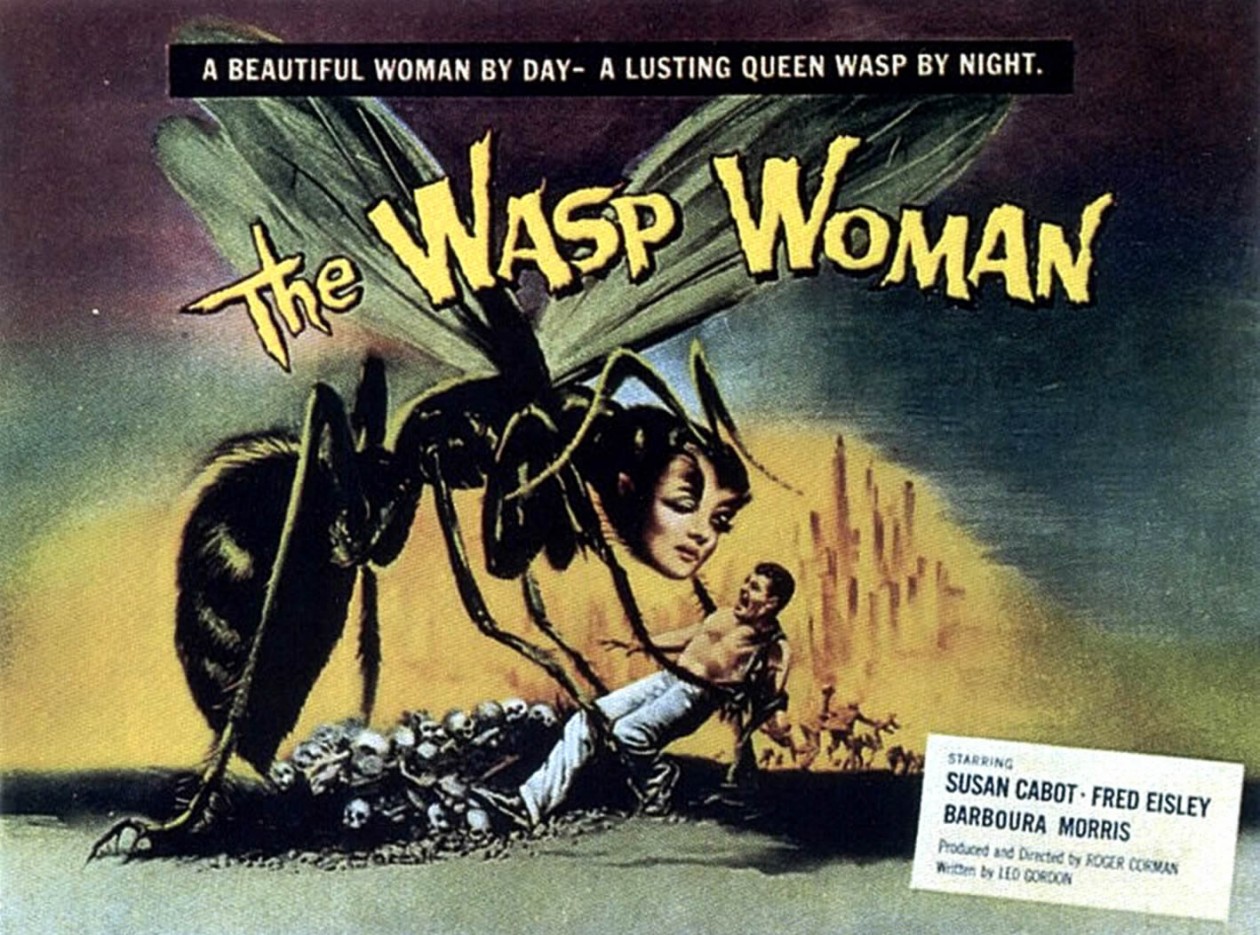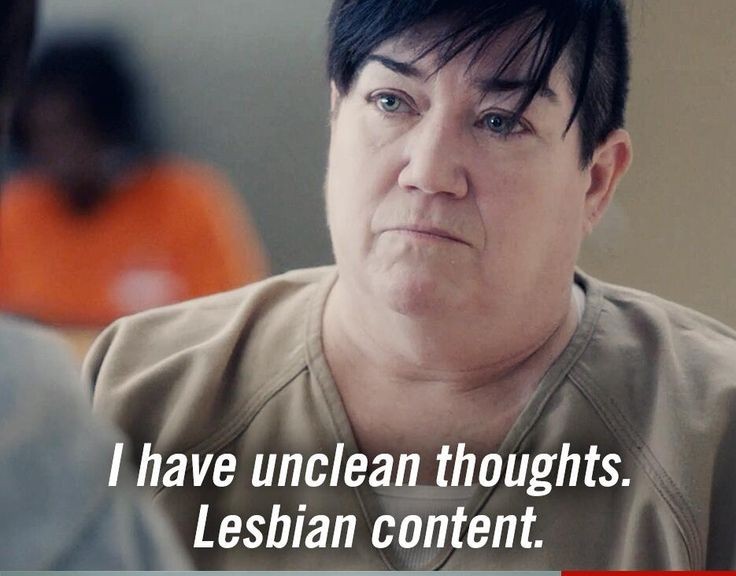I found this article about a new game that these two teens created and — stay with me on this — I think it ties back to our recent class discussions.
I was thinking about some of the reactions to watching Filming Desire and Window Water Baby Moving, and the ways we’re socialized into what is “normal” or what makes us “uncomfortable.” Mostly, it seems like our society has a real issue when it comes to talking about female pleasure, just like it has a tendency to equate nudity with sex. Seeing naked women outside of the context of sexual intimacy was jarring for some people, and a lot of people were a little freaked out by the intensity of the child birth video, especially if this was their first time watching it (or maybe the second, if you count the time in the 5th grade when many public school systems tried to freak you out and scare you as much as possible about the consequences of sex).
This article kind of takes that idea and goes in a different direction; it’s about two teenagers who created a video game called Tampon Run, where, you guessed it, you run and throw tampons at people instead of shooting bullets at them. They made it to parody of sorts, to make a social statement about “idea that in society, we’re more comfortable with guns and violence than we are with teaching girls to be comfortable with their bodies.”
I’m reminded of that scene from Orange is the New Black that we were talking about in class on Monday where the women don’t even have a basic working knowledge about female anatomy. As an earlier post mentioned, in mainstream media, showing women wanting or experiencing sexual pleasure (or god forbid, giving birth — can you even imagine the rating that would get??) often automatically generates higher maturity ratings.
Really? What kind of message does that send, when we can show men’s faces during orgasm during a PG-13 or R rated film, but not women’s? Or when we can show countless bloody and gory and violently graphic scenes in television and media (shows like Hannibal or Game of Thrones, I’m looking at you), but the word “tampon” makes some people squeamish?
I love the idea behind the game, and it’s pretty simple and fun, so give it a shot! Realizing the kinds of images and topics that make us uncomfortable, and thinking about why they do, can hopefully help us become more critical consumers of the world around us.

